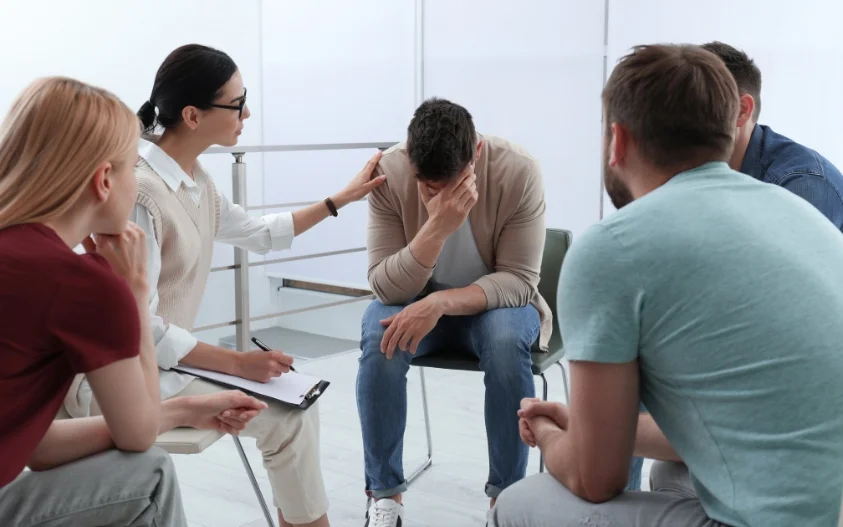24/7 Helpline:
(866) 899-111424/7 Helpline:
(866) 899-1114
Learn more about Bipolar Disorder Treatment centers in Bullock County
Bipolar Disorder Treatment in Other Counties

Chateau Recovery
Chateau Recovery provides a safe, peaceful, and comfortable environment to practice new lifestyle ch...

Acqua Recovery
Acqua Recovery provides evidence-based residential rehab center offering an intimate sanctuary for a...

East Central Mental Health
East Central Mental Health offers programming for individuals living with disabilities in Union Spri...




















































Other Insurance Options

Sutter

BHS | Behavioral Health Systems

Optum

Molina Healthcare

CareFirst

Aetna
Beacon

Health Net

ComPsych

United Health Care

BlueShield

Highmark

Ambetter

Amerigroup

Excellus

State Farm

Providence

MHNNet Behavioral Health

Private insurance

Absolute Total Care